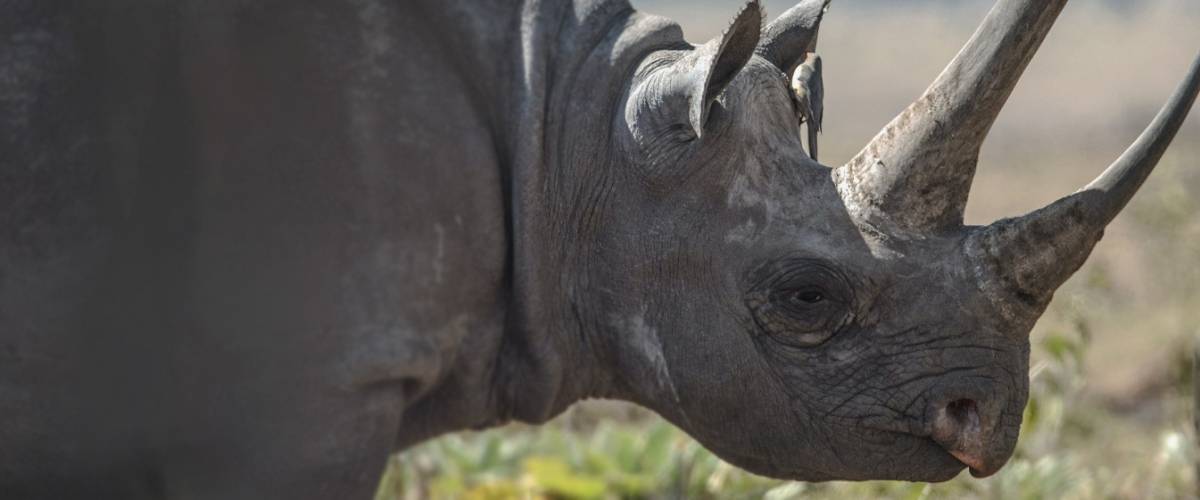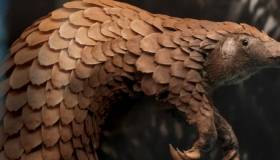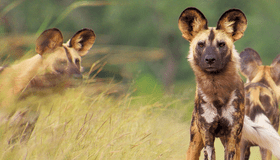
DENVER/August 19, 2020 – Morris Animal Foundation, a leader in advancing animal health, has awarded nearly $930,000 in wildlife health research grants, supporting 12 studies. The studies cover a diverse set of critical health challenges, including encephalomyocarditis virus in elephants, iron overload syndrome in rhinos and tick-borne diseases in moose.
“We are proud to fund the important work of some of the most talented wildlife scientists in the world,” said Dr. Janet Patterson-Kane, Morris Animal Foundation Chief Scientific Officer. “Their studies demonstrate a wide range of the health challenges wild animals face, but also give us hope that we can find ways to protect at-risk populations and ensure they exist for generations to come.”
Through this year’s grants, the Foundation is supporting teams at 11 universities and institutions, including the Smithsonian Institution, the University of Florida and the University of Denver. The Foundation’s Wildlife Scientific Advisory Board reviewed all submitted grant applications and selected, based on scientific merit and impact, the studies with the greatest potential to save lives, preserve health and advance veterinary care. Wildlife studies funded for 2020 include:
Understanding Gut Microbiota and Health in Black Rhinoceros
Researchers will investigate the role diet and gut microbiota plays in both health and disease sensitivity in critically endangered southern black rhinoceros. Findings will provide much-needed reference data for conservation populations of southern black rhinoceroses in human care as well as inform improved diets and health monitoring to keep these valuable and charismatic animals healthy and thriving.
Evaluating the Impact of Ticks and Tick-borne Diseases in Moose
Researchers will examine risk factors and impacts of parasitic infections on moose winter survival. A better understanding of the drivers and impacts of parasitic infections will help inform effective management strategies to maintain moose populations being negatively impacted by increased tick numbers across North America.
Protecting Conservation Animal Populations from a Deadly Virus
Researchers will investigate recent outbreaks of encephalomyocarditis virus, a rodent-borne virus that causes deaths in conservation animal populations worldwide, most notably elephants. Findings will inform disease management guidelines to help protect elephants and other at-risk African and Asian megafauna, including hippopotamus, rhinoceros, antelope, lions, tigers and primates, from this fatal disease.
Linking Noise Pollution to Cricket Health and Reproduction
Researchers will study crickets as a model for invertebrates to help answer questions about the health and reproductive consequences of noise. Findings will help inform legislative and management decisions about impacts of noise exposure on wildlife.
Morris Animal Foundation is one of the largest nonprofit organizations worldwide that funds health studies benefiting cats, dogs, horses, llamas, alpacas and wildlife. The Foundation currently is funding 150 studies encompassing a broad spectrum of species and diseases.
About Morris Animal Foundation
Morris Animal Foundation’s mission is to bridge science and resources to advance the health of animals. Founded by a veterinarian in 1948, we fund and conduct critical health studies for the benefit of all animals. Learn more at morrisanimalfoundation.org.




